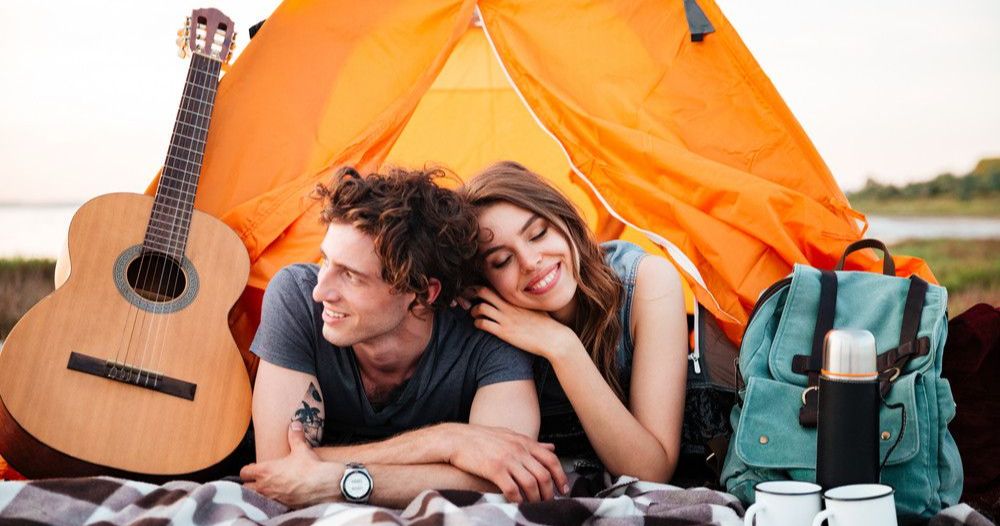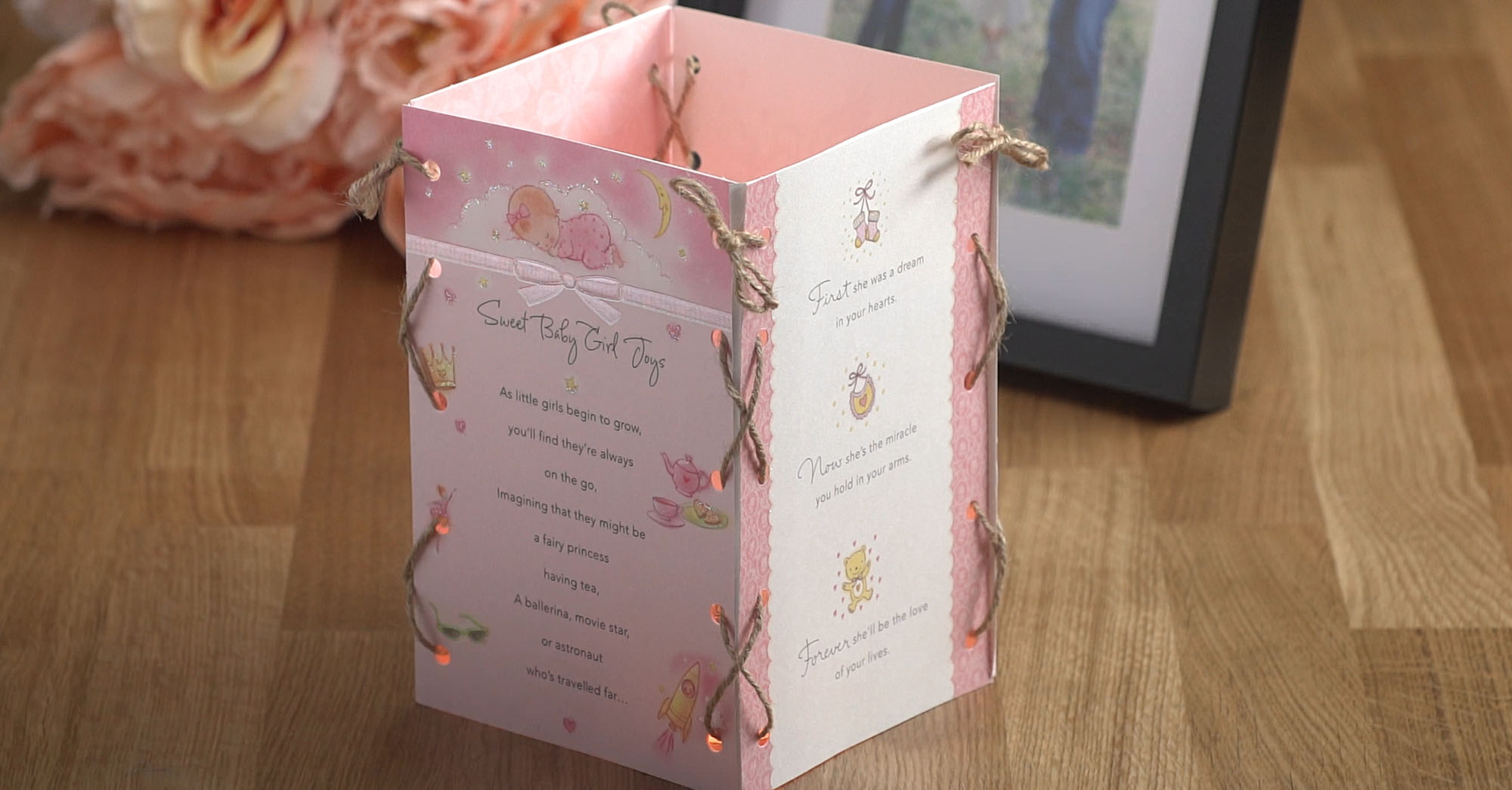Whether you're trying to plan a safer vacation during the pandemic or you love the great outdoors, camping is a great choice. There are many parks throughout the country where you can spend some time roughing it outdoors, but what's important is making sure you're prepared. If you're working on planning the details of your next camping trip, below are some ideas you should think about while you prepare.
Where Will You Be Camping?
The first decision you'll have to make after deciding that you'll be camping is deciding where you're going to be going on your camping trip. If you want to just do one or two nights for your trip, you can choose someplace that is closer to home to reduce your travel times. On the other hand, you can choose to go somewhere that is a little further away. If you're planning on going somewhere where you'll have to fly or otherwise take public transportation, you should consider also renting a car to help get you to your campground. If it's an option, going for an electric car is a great option. It can save you some money since it's roughly the same as a gas-powered car getting $1 per gallon of gasoline, and it will have less of an impact on the environment.
You should make sure that you look into what amenities your campground will have since different places will have different amounts of access to running water and electricity. If the campground doesn't offer something like running water, you'll have to bring your own drinking water with you on the trip, which you'll need to know ahead of time.
What Will the Weather Be Like?
The season that you go camping will determine a lot of what you need to bring with you, and so will the expected weather during your trip. When you're making your more general plans a few weeks or months out, you can look up what the weather is usually like during the time you'll be camping. Once the trip starts getting closer, look at what the weather predictions are and make sure to pack with them in mind. Always pack with the assumption that it will also be a little hotter, colder, or rainier than you expect.
Are You Car Camping or Backpack Camping?
Before you start deciding what you want for your gear, you'll have to decide whether you'll be "car camping" or backpacking. When you're car camping, that means that you're at a campground where you're able to easily access your car. This means that you can bring more stuff with you since you can make multiple trips to bring all of your gear to the campsite and set it up.
If you're going the backpacking route, you'll need to make sure that every piece of gear you bring is strictly necessary for your trip. Anything extra will just be weighing you down and making the hike to your campsite more difficult.
What Are You Planning on Doing?
There are many things that you can do while camping: hike, run, boulder, climb, fish, or any other multitude of outdoor activities. You can even plan a camping trip where the main thing you do is meditate in nature. Whatever your plan is, you should make sure that you think through what you want to do before you start packing. For example, if your kids were part of the 11.6 million youth participants in fishing in 2017 and you're planning on taking them on another fishing trip, you'll have to pack and plan differently than if you were planning on going rock climbing during your trip.
What Gear Will You Need?
Once you've determined where you're staying, the type of camping you'll be doing, the expected weather during your trip, and the activities you'll do during your trip, you can start to really create your packing list. If you're car camping, you'll have a lot more flexibility than you would if you were backpacking, so you'll be able to pack more gear, like a portable camp stove or a camp table. If you're backpacking, you'll want to make sure that every single piece of gear you bring is going to get used -- you don't want to have to carry extra weight if you don't have to. Make sure that you leave actually packing up your backpack until the day or even night before you leave to ensure that you know you're packed as effectively as possible with your gear.
If you're planning on doing any specific activities, like fishing or rock climbing, you should make sure that you are packing everything you need for those activities. If you find yourself about to start climbing, but you forgot a carabiner, you're probably not going to be able to get out there. Make a list of all of the gear that you need for a specific activity a few weeks before your trip and make sure that you have everything on it by the time you're walking out the door. Making the list in advance will help you realize that you might be missing something.
When you're camping you'll also have to bring your own food with you. Make sure that you're taking into account how much you'll be exercising during your camping trip -- you might be a little more hungry than normal during your trip. In addition, even if you're planning on going fishing and catching your food, you should make sure that you still have enough backup food that if nothing is biting you're not left unable to eat anything.
What Is Your Budget?
Although camping isn't the most expensive type of vacation out there, it can become expensive if you're traveling or buying gear for the trip. While you're planning, think about how you're going to save up for the trip and start setting aside money specifically for it. One way to save money is to switch out your windows for energy star rated ones -- you can save between $126 and $465 every year with better windows that can help with your heating and cooling costs. You can also look for deals on camping gear throughout the year and try to look for airfare on "off" days to leave and come back from your trip to save on your plane tickets.
Camping is a great way to go on vacation while also getting some of the fresh air that many of us don't get on a daily basis. Ask yourself these questions before your trip to help you fully prepare so that you can have the best camping experience possible!

